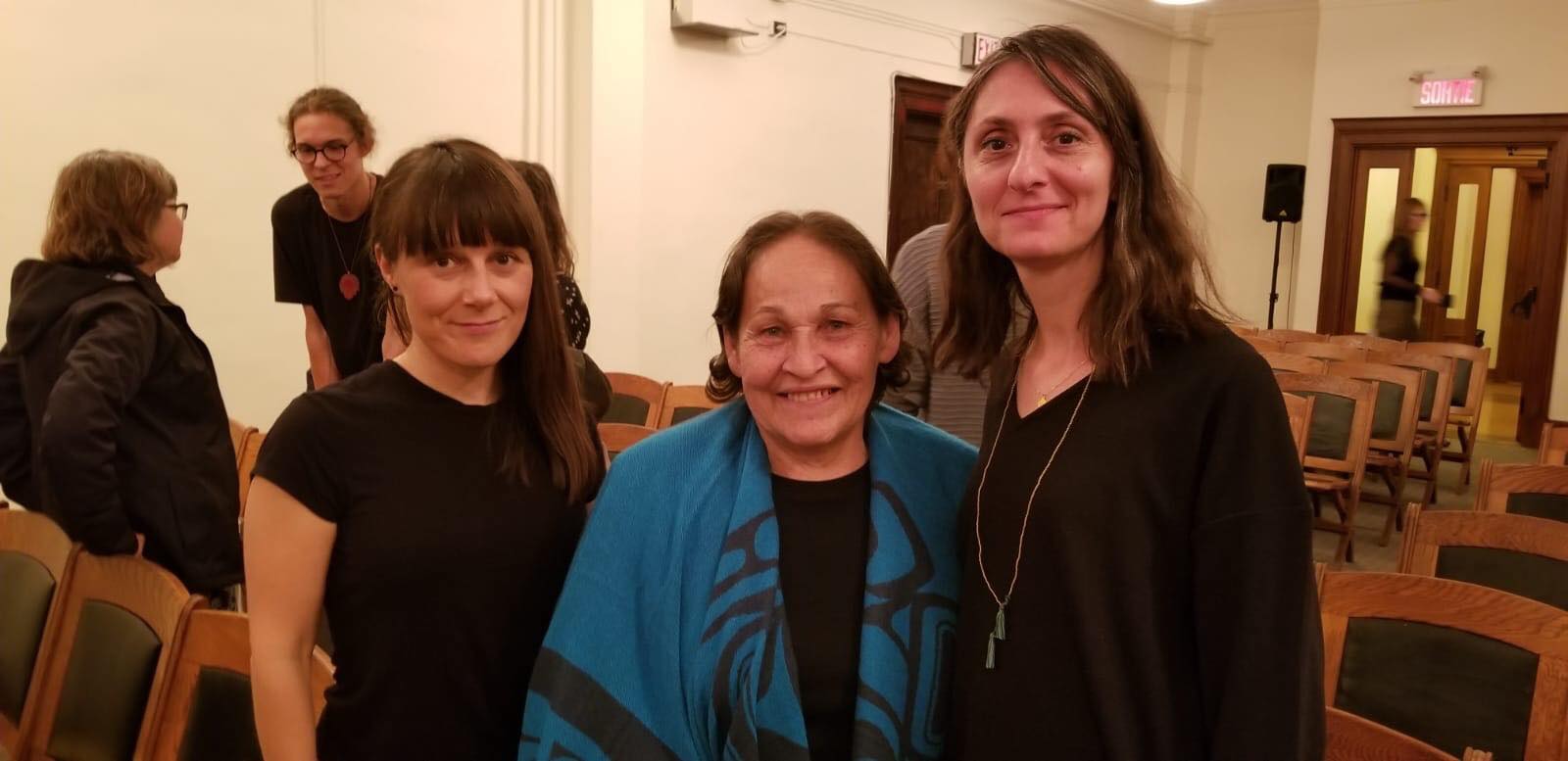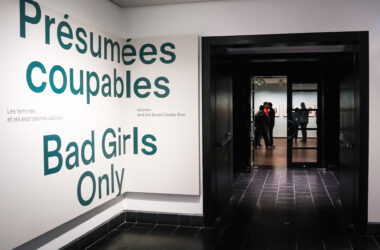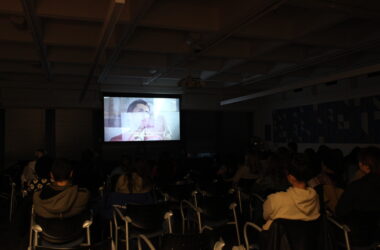Since 2004, the Atwater Poetry Project has brought a poetry to the Atwater Library on a monthly basis. On Sept. 20, the library hosted three women writing about indigenous life in Canada, coinciding with indigenous Awareness Weeks. Each poet brought to light the persistent force and beauty of indigenous identity.
The evening began with a reading from a McGill alumnus, Carolyn Marie Souaid (BA ‘81, Diploma Education ‘83), who recounted her experience in Northern Quebec where she was sent in 1983 as a student-teacher in McGill’s Department of Education. Souaid read three pieces written at different periods of her life. Each poem revolved around a single event: A day trip out on the land with a 17-year-old Inuit boy. She began by reading the journal entry she had written immediately afterwards, as an exhilarated 22-year-old processing her awe for the land and its people. A poem about the experience, written two decades later in her 2002 collection Snow Formations, captured this exhilaration and distilled it into a potent work of art. Years after that, the scene made its way into Souaid’s 2017 novel, Yasmeen Haddad Loves Joanasi Maqaittik.
Souaid’s reading was followed with a performance by poet Joséphine Bacon, who expresses indigenous beauty across the frontier of language. By writing poems in her native Inuit before reformulating them into French, Bacon links disparate worlds. Bacon was born in Pessamit, a First Nations reserve 700 miles north of Montreal, but learned French as a second language, and worked as an interpreter with anthropologists who came to study the native communities.
Bacon’s poems are based on conversations she had with Inuit elders. She read each poem first in its original form, then in its French equivalent. Her verses in French captured the colours and senses of her native tundra, its solitude, and the wonder of the aurora borealis. Yet, it was in Inuit, incomprehensible to nearly everyone in the room, that she achieved something more essential: Self-expression in a native tongue, irreducible to any translation. Connection to a land is also connection to a language.
The final poet was Annharte, also known as Marie Baker, or AKA. An Anishanaabe poet from Winnipeg, Annharte brought her strong-willed personality and sharp sense of humour to the reading. The poems from her book Indigena Awry were filled with insights into the Indigenous experience.
“This is a way to communicate what our life is like,” Annharte said of her poems, which were punctuated by repartee and anecdotes of life as an indigenous student.
The event finished with a conversation between the authors and the audience. Annharte talked about new generations of indigenous poets, beginning in her own household with her granddaughter, also a poet. Souaid described the Inuit CEGEP students she mentors and their attempts to put their own struggles into creative form. Bacon spoke about the elders she had known in the Arctic, the depth of their connection to the land and, most poignantly, the way in which one loses this ‘language of the land’ after moving to a city. Each of their remarks was colored at once by hope and by awareness of the reality of indigenous lives.
It was this profound connection to the land that Souaid, in her original journal entry from 1983, said taught her more than any class at McGill. Bad news for education students, perhaps, but good news for the individuals who first called this land home.








